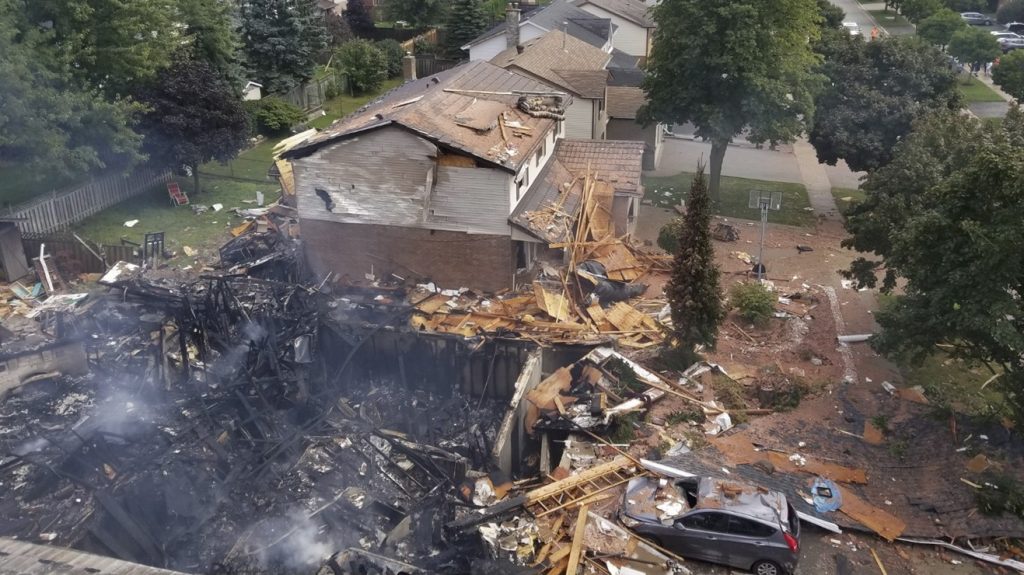Local program aims to prevent chronic youth homelessness
Posted Nov 27, 2021 06:55:00 PM.
At any given time, a staggering twenty per cent of homelessness across Canada is experienced by youth ages 13 to 24. Those experiencing homelessness have also faced additional challenges throughout the pandemic, including the inability to meet basic needs like food and shelter, as well as having limited access to mental health supports, resulting in an increase in self-harm and suicidal ideation.
Addressing these issues for more than thirty years is Safe Haven Youth Services, one of the programs within Waterloo Region that aims to provide a safe, supportive and caring place for youth in need of emergency shelter and support, or planned respite care for youth aged 12 to 18.
“Safe Haven Youth Services strives to provide every youth with the resources and support necessary to address their immediate crisis and to build the skills required to prevent reoccurrence,” said program supervisor Lindsey White. “Our main goal is to prevent youth from becoming chronically homeless and support youth in remaining in the home while referring to long term community supports.
“Our qualified and caring staff help youth develop life skills such as conflict resolution, emotion management and relationship building strategies,” she said. “We support youth to continue their education and learn about health and wellness, and we connect them to a variety of community-based services to ensure ongoing support.”
In addition, based on individual needs and eligibility, they also provide support for family reunification and for securing sustainable housing in the community.
White says there is a definite need in the community for the services they provide, adding that each year they average at about 400 admissions. They can accept 10 youths at a time.
Along with housing and reunification, Safe Haven helps youth meet their basic needs by providing youth with food, clothing, laundry and shower facilities. They also help youth attend school. For instance, during the pandemic when school was moved to a virtual format, they offered day programs, providing youth with internet access and the tools they needed to attend class virtually.
The pandemic forced them to pause their respite services for several months, though they are up and running now. The remainder of their services were easily able to shift to a virtual format.
Respite care consists of a pre-planned one or two night stay for youth experiencing difficulties within their homes, to help reduce the amount of crisis within their home while they are on a wait list for or accessing a treatment program.
But as school has started returning to an in-person format, they have seen an increase in referrals from school personnel for their crisis services, as well as respite referrals.
“Youth can self-refer or be referred by family, schools, hospitals, police, and health and social service agencies. Youth, aged 16 and 17 who do not have a parent/guardian to return to, may also be provided with Life Launch Services,” White said.
In preparation for the chilly winter months that typically result in higher occupancy, they are currently running their “cozy comfy campaign,” collecting in-demand items for the shelter.
Their most requested items include “cozy pyjamas'' in adult sizes small and up, hats, mitts and socks, as well as toiletries like toothbrushes, toothpaste, soap, moisturizer, lip balm, and deodorant. People are also encouraged to donate twin size bed sheets, blankets and comforters for the haven, and gift cards to places like Walmart, Giant Tiger, Tim Horton’s and Dollarama.
For more information, contact foundation@lutherwood.ca or their social media accounts.










